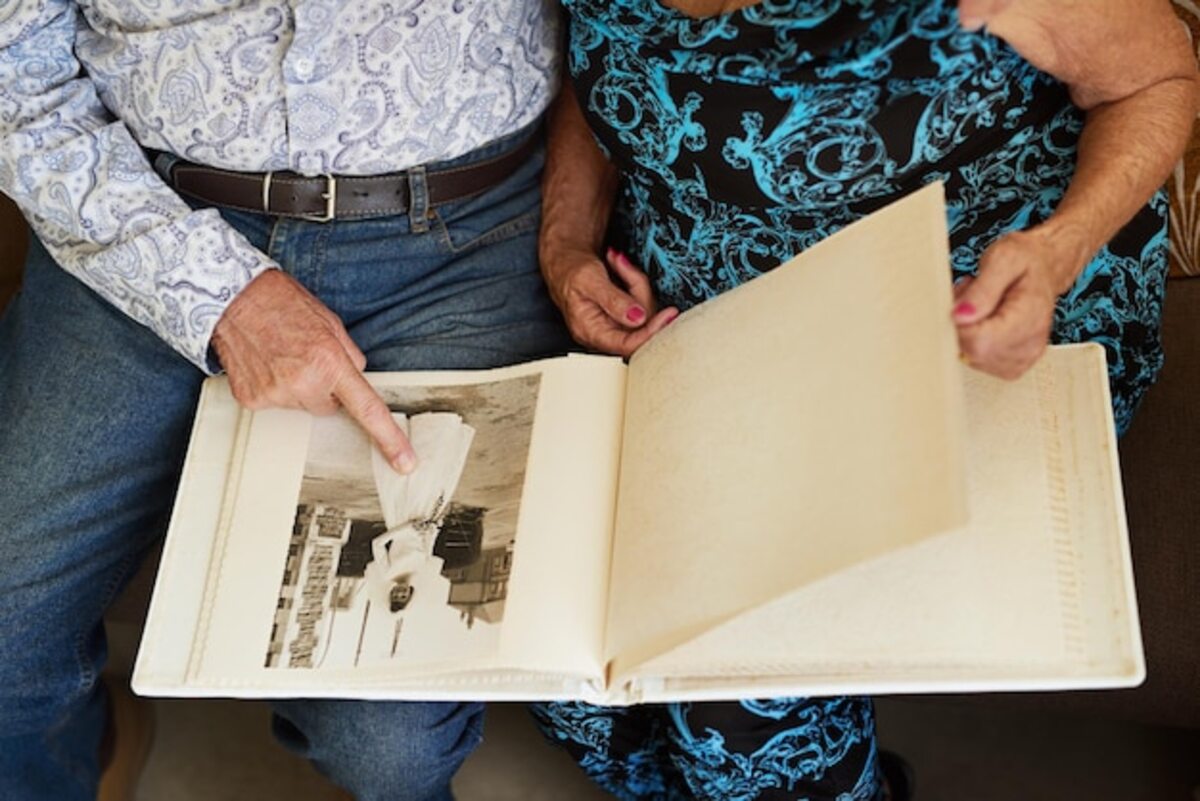How local history influences the value of your property

How local history influences the value of your property is a crucial topic for those looking to maximize their real estate investment. Location and appreciation are key elements, and understanding how the past of an area, whether rural or urban, impacts its current value is essential. In Costa Rica, where culture and traditions are rich, each neighborhood tells a story that can raise or lower the price of your property. Discover how these historical factors can be your allies in the search for the ideal home or in the sale of your real estate.
1. The cultural legacy: how does it affect real estate prices?
The cultural legacy of a locality is a determining factor in the valuation of real estate. When a property is located in an area with a rich history and traditions, its appeal significantly increases. Neighborhoods that preserve their architectural heritage or are linked to important historical events tend to be more desirable to buyers. This translates into an increase in demand, which in turn raises real estate prices. In Costa Rica, many communities have been able to leverage their cultural history by promoting festivals, artisan markets, and activities that highlight their roots, which not only attracts tourists but also potential residents.
In addition to aesthetic and emotional appeal, cultural heritage can also influence the expectations for future development of an area. Areas with a strong sense of cultural identity tend to receive more attention from the government and private organizations for urban conservation and revitalization. This interest can translate into investments in infrastructure, public services, and recreational spaces that not only improve the quality of life for residents but also increase land value. By understanding these historical and cultural elements, both buyers and sellers can make more informed decisions about the local real estate market, thus ensuring a more solid and profitable investment.
2. Rural vs urban: the historical impact in different contexts
The distinction between rural and urban environments has shaped property values throughout history. In urban areas, the concentration of services, infrastructure, and job opportunities has attracted a growing population, which often translates into a steady increase in property prices. However, this same urbanization can bring challenges, such as the rising cost of living and the loss of cultural identity. On the other hand, rural areas often present a unique charm and less competition in the real estate market. However, their value can be affected by factors such as limited access to basic services and distance from urban centers.
In Costa Rica, these historical dynamics are reflected in how different communities have evolved over time. Rural areas may have significant cultural heritage that attracts buyers interested in authentic and tranquil experiences, while larger cities have witnessed rapid modernization that can also be appealing to those seeking convenience. Understanding these historical contexts not only helps current owners assess their investment but also provides valuable insights for future buyers when considering what cultural and historical aspects may influence the appreciation of a specific property.
3. Historical areas: a magnet for discerning buyers
Historic areas have become an irresistible attraction for discerning buyers seeking not only a place to live but also a connection to the past. These neighborhoods, steeped in history and character, often offer unique architecture and a vibrant cultural atmosphere that is not found in more modern areas. The wealth of local stories, from legends to significant events, allows residents to feel part of a collective narrative that transcends generations. This emotional connection is a determining factor that elevates the value of properties in these areas, making them highly desirable investments.
In addition to aesthetic and emotional charm, historical areas tend to be surrounded by well-established services and amenities, such as parks, museums, restaurants, and local markets. This not only enhances the quality of life for residents but also attracts tourists and visitors, which can increase long-term property value. In this sense, investing in a property within a historical area can be seen as a safe bet; its cultural and social relevance ensures that interest in these areas remains high. For those looking to maximize their real estate investment in Costa Rica, understanding the historical significance of certain neighborhoods is key to making informed decisions that will benefit both their personal well-being and their economic assets.
4. The importance of urban development over time
Urban development has been a continuous process, shaped by various influences over time. From the creation of infrastructures to the emergence of new services and businesses, each transformation in an area can significantly alter its appeal and, consequently, its value. Areas that have undergone planned development tend to exhibit higher demand, as buyers seek places that offer modern amenities and convenient access to essential resources. Therefore, understanding this historical process is crucial to recognizing how the environment surrounding your property has evolved.
Moreover, the history of urban development also reflects the social and economic dynamics of a region. Neighborhoods that have been revitalized or restored can attract new residents and investors interested in preserving their cultural heritage, which often leads to an increase in property prices. At the same time, areas that have gone through periods of decline can offer unique opportunities for those willing to invest in their rehabilitation. Thus, the historical context of urban development not only informs about the present of a property but also provides valuable clues about its potential future in the real estate market.
5. Local traditions that enhance rural properties
Local traditions are a mirror of the identity and culture of a community, and their influence on the value of rural properties is undeniable. In Costa Rica, festivities such as patron saint festivals, agricultural fairs, and cultural celebrations not only attract tourists but also strengthen the sense of belonging among residents. These activities foster social cohesion and can increase demand for properties in areas where they take place, resulting in a rise in real estate value. Thus, acquiring a property in an area rich in traditions can be seen as a safe and valuable investment. On the other hand, local traditions can also provide a unique appeal for those seeking a more community-oriented lifestyle connected to nature. Sustainable agricultural practices, farmers' markets, and the appreciation of cultural heritage are aspects that many buyers consider when evaluating a rural property. These features not only enrich the experience of living in that area but also contribute to the appreciation of the property over time. Therefore, knowing and valuing these local traditions can be key to maximizing the selling or buying potential of your rural property.
6. Testimonials: owners' experiences about local history
Testimonials from owners who have explored the local history of their area are an invaluable resource for understanding how this aspect can influence property value. Many buyers are attracted to neighborhoods with a rich cultural heritage, where traditions and historical events bring the streets to life. For example, an owner in a Costa Rican community has shared how the restoration of old buildings and the annual celebration of traditional festivals have not only enriched their quality of life but also significantly increased the value of their home. These experiences reflect that when buying or selling a property, the local narrative can be as important as the structure itself.
Additionally, there are owners who have noticed that knowledge about local history has allowed them to establish deeper connections with their neighbors and strengthen the sense of community. A resident who purchased a house in an iconic neighborhood mentioned how participating in community activities related to the history of the place has not only improved their personal well-being but has also sparked the interest of other potential buyers. This demonstrates that when owners take pride in their historic surroundings and share their stories, they help create an appealing environment for future tenants or buyers, which positively impacts the property's value.
7. How to research the history of your area to make informed decisions
Researching the history of your area is a crucial step in making informed decisions about your property. Start by exploring local archives, libraries, and museums that often house historical documents, photographs, and stories about the development of the community. Additionally, interviews with long-time residents can provide you with a unique perspective on the changes the area has undergone over time. Knowing significant events, such as the construction of infrastructure or the arrival of new businesses, will help you understand how these factors have influenced the real estate value of the place.
Another important aspect is to analyze the demographic and social trends in your area. This includes researching who has lived in the neighborhood and how their characteristics have changed over time. For example, if a neighborhood has become a cultural or artistic hub, this can increase its appeal and, consequently, its value. It is also helpful to stay informed about any future projects planned by the local government or private developers that may positively impact the infrastructure and services available. By gathering all this historical information and projecting it into the future, you will be better prepared to make decisions that maximize your real estate investment.



